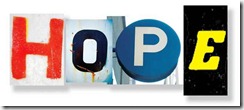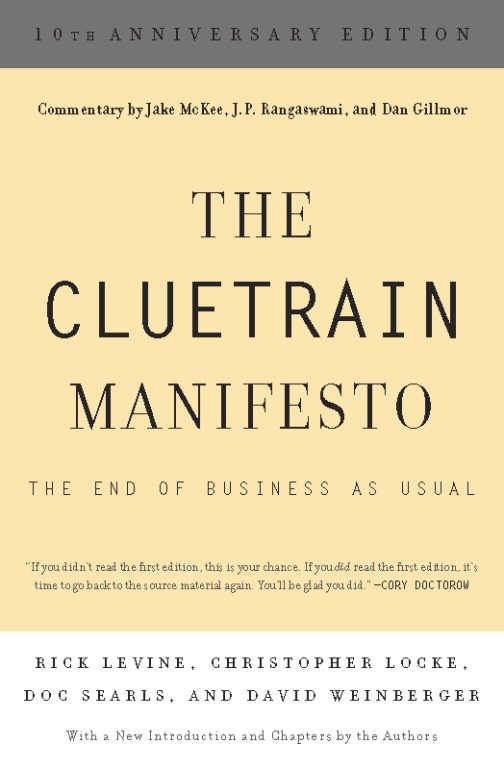by Diane Holmes, Marketing-Zone: Marketing Yourself and Your Book, founder of Pitch University.
This is a marketing article about hope. About what works. And about a darn good example of a writer just like you.
In the spirit of shaking you out of your “I hate marketing” rut, I continue the call to a new world-view where marketing confessions are heard, and you don’t end up feeling like a prostitute of words.
Instead, you are skilled, radiant, powerful, wise, generous, delighted, and a master of the universe.
You love what you do. It’s natural to interact with others. It’s helpful to let others know you have good stuff available. And yes, you are going to find ways to market that you LOVE.
What won’t you do? Any marketing that doesn’t make you feel like a doer of good, a champion of nouns and verbs, and a supreme being of quality and success.
Why?
Because that kind of marketing actually works against your brand.
If your brand is who you are (check out my 11-part series on author branding), then your marketing simply must be part of the brand you want to embody. It must be part of YOU.
You hurt your brand and your business when you market in a way that you hate and that doesn’t represent who you are as a person.
You shouldn’t be doing marketing like.
I know this goes against a lot of common wisdom on what you should be doing and how. But the folks giving this advice (well meaning, though they are) are working with a very old model of marketing.
Truth: You strengthen your brand when you market in a way you love, a way that’s in sync with your integrity and what you have to offer, and a way that makes you appealing to work with. And—get this—your marketing is more likely to work if you love it. (More on that in a minute.)
The New Marketing World Order
In 1999, the Cluetrain Manifesto was written by Rick Levine, Christopher Locke, Doc Searls, and David Weinberger. It put into words what most consumers were already feeling. And it started a marketing re-think revolution.
From the opening of the Cluetrain Manifesto:
A powerful global conversation has begun. Through the Internet, people are discovering and inventing new ways to share relevant knowledge with blinding speed. As a direct result, markets are getting smarter—and getting smarter faster than most companies.
These markets are conversations. Their members communicate in language that is natural, open, honest, direct, funny and often shocking. Whether explaining or complaining, joking or serious, the human voice is unmistakably genuine. It can’t be faked.
What follows are 95 short, punchy theses for marketing.
The message is that marketing doesn’t work. Being human does. Your market is made up of humans. Humans want conversations. They want relationships. They want to like you, not be sold by you.
This is why I said above that marketing you love is more likely to work.
People want to interact with you when you’re being passionate and liking what you do. They’re done having products crammed down their throats. They’re done with anything fake.
What a relief.
Be Like Jeff Goins
And that brings me up to a manifesto/e-book released yesterday by Jeff Goins (read his post, take the short survey, get the e-book free).
It’s called Every Writer’s Dream: How to Never Pitch Your Work Again.
Jeff brings together everything we’ve been talking about here about marketing, about never doing what you hate, about how your brand is really you, and how building a platform and having genuine conversations and relationships is the key.
His book contains 93 pages/slides that provide a powerful example of how YOU can change how you interact with marketing into something positive.
Here are a few goodies:
Pg. 27
How do you get noticed in a world full of noise, distractions, and advertisements?
Help people.
Be a resource to others. Do favors. Be selfless.
Does this sound like marketing to you? It is.
This is the perfect example of relationship marketing, where you meet your client, your reader in the middle, then build a relationship that isn’t about begging for money or making a sale. It’s about trust, mutual benefit, and a well-lived life. Cool, eh?
Page 35
A brand is who you are.
But it’s more than that.
It’s your truest self.
What good is it to build a brand that is your truest self, yet market in a way you hate? Yeah. My thoughts exactly.
Jeff loves blogging. Loves it. So it’s not surprising that his blog landed him a book deal.
If you don’t love blogging, don’t do it. But for Pete’s sake, do figure out what you love. Do that. 😉
Finally, to prove that Jeff is just like you, just like me, here is one of the personal stories he shares:
Pg 79
I was hesitant to start networking with other people who could help me. It felt sleazy. I didn’t like the idea of promoting myself.
So instead, I did what I knew: I offered to interview people I wanted to connect with. I would reach out on Twitter, Facebook, or via email, and ask someone to coffee. Then, I’d
interview them.Afterwards, I would publish the article and let the person know. This was my excuse to follow up. With many of the relationships, I just continued to stay in touch. Over time,
this gave me the confidence to reach out to other people.
Notice, he didn’t let old ideas about marketing stand in his way. He did only what he loved (offer to interview others), and he was just his truest self.
Genius.
One Final Question
Now, let’s compare this with your old assumptions about marketing tasks. You’ll recognize most of these as the tasks you hate, the ones that make you feel slimed:
- Pushing your products
- Manipulating others
- Tweeting and posting and hawing your services
- Saying, “Buy my book”
- Convincing, forcing, demanding, pleading, explaining, wheedling, and justifying
- Tricking, coaxing, bragging, and saying, “look at me”
- Running sales, discounts, freebies, flyers, newsletters, coupons, and generating mountains of content-free, neon pieces of marketing collateral that you then have to hand out to strangers
- All those things others say you you HAVE to do to market, promote, sell, and otherwise be successful
Question: Which style of marketing do you like people to use on YOU?
Yeah, that’s a tip-off on what you should be doing.
But, you say, does this new style of marketing really work? That true-self stuff? That marketing that makes you feel jazzed and helpful?
Well, I just wrote a column featuring the four men who wrote the Cluetrain Manifesto and Jeff Goins. I’m a fan. I happily told you about them, because I love what they’re doing. I did my best to sell you on why you should read them.
How did they get me to do this?
They did something worthwhile, offered it for free, and it spoke to me. They were authentic and their true selves. As a result, I like them, see the value, and told you. It’s that simple.
Let me know if you’ve enjoyed this article! I’d love to hear from you.
—
In This Series So Far:
- Step Inside the Marketing Confessional
- Does Marketing Your Writing Feel Like Prostitution
- Marketing Manifestos To Shake You Out Of Your Rut (don’t be a lemming)
Upcoming Articles:
- Doing It For Money: Free Opinion vs. Self Interest
- The Use of Deadly Force: Helping vs. Cramming it Down Their Throats
- Engraved Invitations: Genuinely Interested vs. the Unsolicited Cold Call.
- The Big Gulf: Friends vs. Strangers
- The Crass Factor: Humility vs. Shameful Ego
- It Doesn’t Even Work: Receiving Validation vs The Stink Eye
- You’re Lying; Selling Your Writing is Different: Opinion as a Consumer vs. The Muddle of .
- I’m Not Ron Popeil or Billy Mays: “I don’t know what to say” vs. Skilled Patter
- I’m Not Even that Good: Confidence vs. Insecurity Runs Rampant
—-
 Diane writes two columns for Freelance-Zone: Fiction-Zone: Leaps in Fiction Mastery and Marketing-Zone:Marketing-Zone: Marketing Yourself and Your Book.
Diane writes two columns for Freelance-Zone: Fiction-Zone: Leaps in Fiction Mastery and Marketing-Zone:Marketing-Zone: Marketing Yourself and Your Book.
She’s the Founder and Chief Alchemist of Pitch University




5 thoughts on “Every Writer’s Marketing Dream”
Comments are closed.